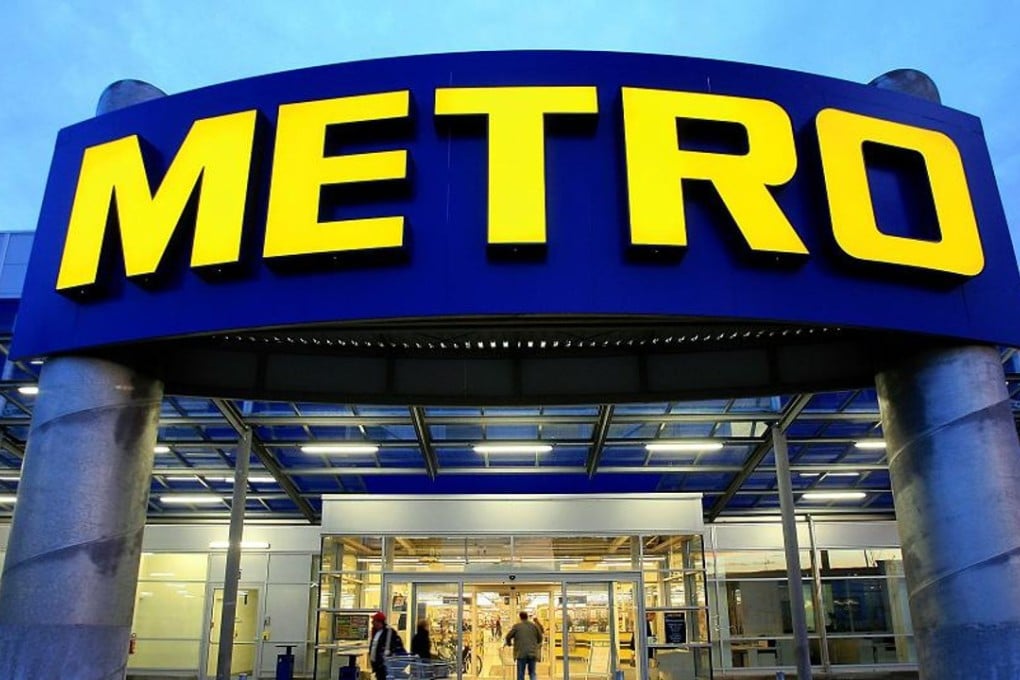Germany’s Metro pulls plug on China convenience store business after less than two years
The company cites ‘drastic changes’ in the business environment, including surging rents, while analysts note stiff competition from other chains

German retail and wholesale giant Metro AG, has closed all its convenience stores in China less than two years after setting them up, citing what it said were “drastic changes” in the business environment, including skyrocketing rents in major cities.
Its four MyMart stores in Shanghai, which sold fresh and cooked food, as well as snacks and goods under Metro’s own Aka brand and which were located near mid to high-end commercial districts in Shanghai, closed at the end of September, according to a company statement.
“Due to drastic changes in the market, like the quick increase in property prices in many cities in China, the management of Metro China has decided to suspend its efforts in the convenience business,” the statement said.
“But this will not affect Metro China’s commitment to long-term development in China. We will keep expanding our sales network in China and continue to focus on four pillars – O2O stores, food service delivery, welfare and gifting and other e-commerce channels, where we can provide added value to Chinese customers, “ it said.
Metro announced its move into the convenience store business in April 2016, with the first two Shanghai stores opening a month later. Metro China’s CEO, Jeroen de Groot, said at the time that convenience stores would become a key pillar to support the company’s development, and that they would work in tandem with the rest of business to provide a further platform for consumers.
However it came up against a market full of mature foreign and domestic players, while unmanned stores that are very similar to traditional convenience stores are also springing up, making for a tough operating environment, analysts said.